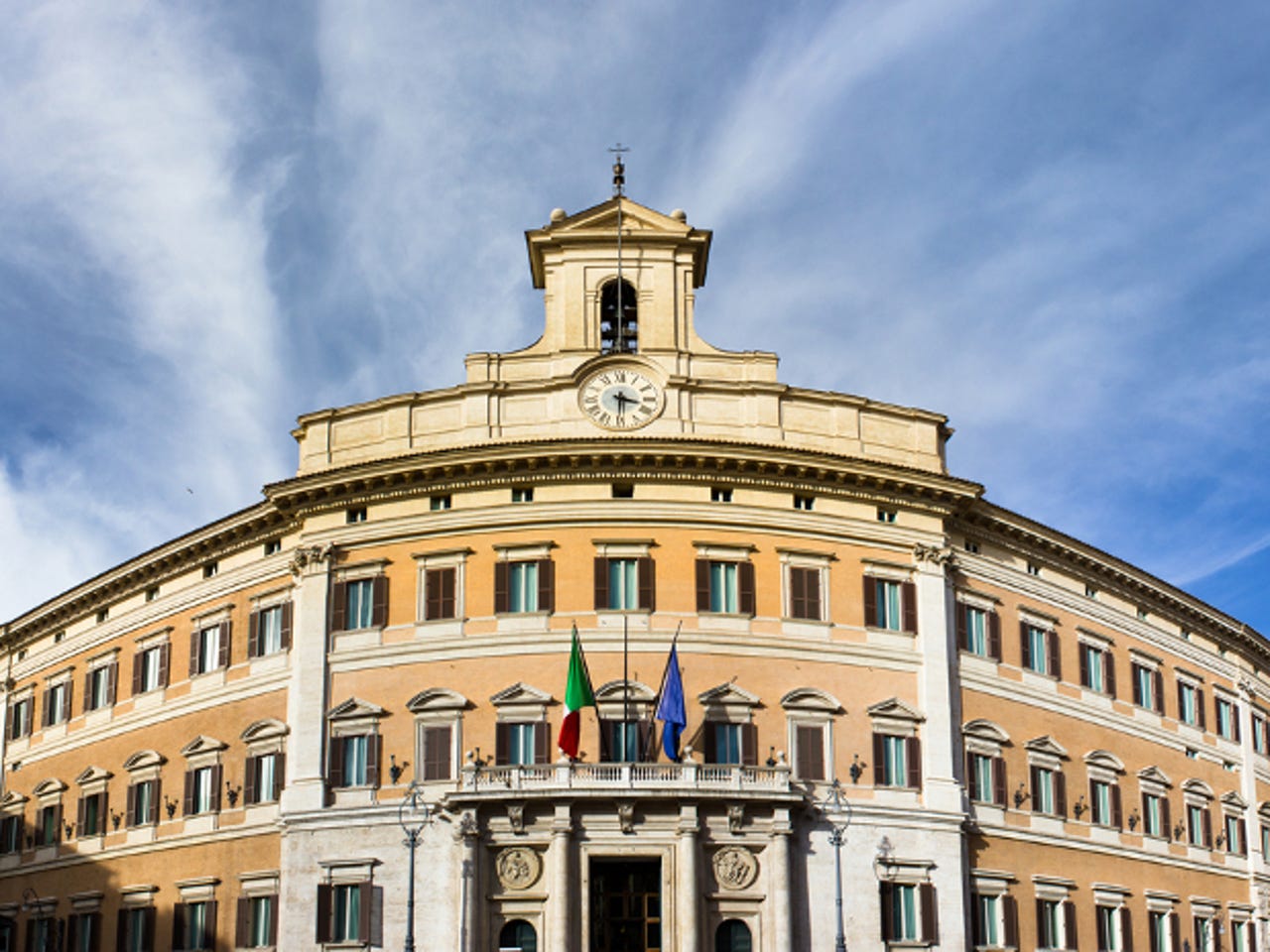First draft of 'internet bill of rights' revealed in Italy


The first draft of 'Bill of Rights' for the internet has been published in Italy.
The parliamentary committee charged with examining internet rights and duties, part of Italy's Chamber of Deputies, recently published the initial draft, which it's been working on since August.
The declaration, which will be subject to public consultation, aims to serve as a reference model for discussions on internet governance both at national and international level, according to its supporters.
While the document is clearly inspired by similar declarations approved abroad – the Marco Civil in Brazil, the report on Rights and Liberties in the Digital Age by a French parliamentary committee, the work of the Bundestag's committee on the Digital Agenda, to name a few – in the light of the latest disclosures on internet surveillance and the rampant collection of data by online companies, it puts a special stress on the protection of the individual from widespread monitoring.
Article 9 of the document, for example, states that restrictions on anonymous communications "may be imposed only when based on the need to safeguard the public interest and are necessary, proportionate, and grounded in law and in accordance with the basic principles of a democratic society".
Read this
And, according to article 11, users of digital platforms (Facebook, Google and the like), should have better control over their data, including the right to "have the right to terminate the relationship, to receive a copy of the data concerning them in interoperable form and to have the data concerning them removed from the platform".
The document tries also to address the so-called "paradox of consent" whereby, given the complexities of privacy policies and the advances in the Big Data analysis, it's virtually impossible for people to weigh up the costs and benefits of disclosing their information.
It maintains, therefore, that "consent shall be revocable" (article 4) and that it "does not constitute a legal basis for the processing of data when there is a significant imbalance of power between the data subject and the data processor". It does not specify, however, who should be in charge of determining when the supposed imbalance has become too great.
The controversial 'right to be forgotten' (basically, that Europeans can ask for outdated, irrelevant or excessive information about them to no longer be returned as results for searches on their names) is fully supported in the declaration, except when it conflicts with the right of the public to be informed.
Net neutrality, another key issue, is also dealt with in the document. As it's apparent from the official House records of the committee's work, this was one of the most discussed points, as some of its members would rather have opted for a "free market" model that would allow telcos to set different levels of access to the internet and different prices for their various services.
In the end, however, the full support for net neutrality was enshrined in the document as a way to "preserve the 'generative' function of the internet and the production of innovation". "We went even further than the European Parliament's definition on this topic, as the EU speaks, in general, of neutrality with regard to internet infrastructure, while we defined it as a right of the individual," committee member Juan Carlos De Martin told ZDNet.
The committee had a difficult task to tackle: to draft a declaration short and agile enough to reach and be understood by as many people as possible (it will be subject to a four-month public consultation starting 27 October), while at the same time avoiding having the document become too generic. As it was composed partly by "experts" and engineers and partly by politicians, it also had to mesh their combine various stances, derived from different perspectives of the world and political leanings.
Mission accomplished? Not everyone would agree.
Massimo Russo, a member of the committee and Wired Italy's editor in chief, publicly expressed his disappointment about some of the declaration's points in a post on the magazine's website. "It's not the ideal bill of rights as, in several parts, the concept of limiting risk and controlling innovation prevails over the open-minded attitude that is needed to benefit fully from digital opportunities," he wrote.
Above all, Russo doesn't like the document's underlying idea of an "ethical state" which, he says, wants to protect citizens even against their will and even wants to play an educational role when it comes to internet literacy. Russo and others attributed what they see as another defect of the bill, the excessive emphasis on the defense of privacy at the expense of the freedom of expression, to the presence of "reactionary voices" in the committee.
An even fiercer critic of the declaration was University of Florence's professor of law Stefano Mannoni, a former communications commission in Italy, who spoke of a "lost opportunity" for the country and defined the draft as a collection of "forgone trivialities" rather than a full, in-depth report.
"What Mannoni fails to understand, it seems, is that a committee formed to write a Magna Carta for the internet will write exactly that — a bill of rights. If he wants to address and criticise any specific point of the declaration, we will be happy to answer; but he doesn't seem to do that," de Martin says.
Of course, the current declaration, while a good starting point, is only a draft. After being amended with suggestions that emerge during the public consultation, a final version will be developed and examined by the country's parliament.